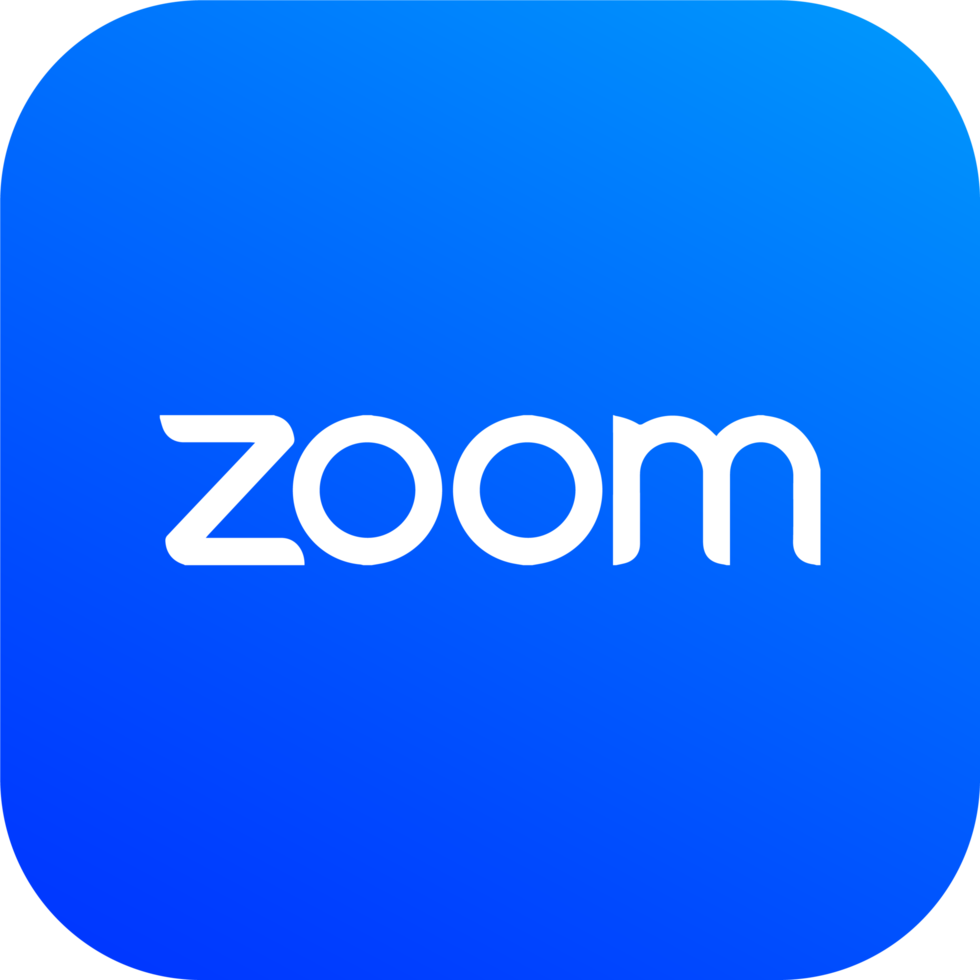Call for Papers
Please find the full text of the call for papers for this workshop below in English as well as International Sign (IS). Click here for details on how to submit your abstract. If you have any questions, feel free to reach out to the Organising Team.
Workshop Description
This call for papers is available as a text in English or in video form in International Sign (IS).
Background
This workshop aims to bring together researchers from linguistics, psychology, and neuroscience to explore the relationship between theoretical approaches to sign language and psycho- and neurolinguistic studies. The goal is to determine the extent to which current theories can accurately capture the unique characteristics of sign languages, which offer a distinct perspective on human language capacity. The workshop will discuss how different formal descriptions and theoretical approaches relate to sign language processing and language processing in general, and how research on sign language grammar has impacted our understanding of spoken languages and the human language capacity. Key topics of interest include the impact of iconicity, the role of non-manual components in sign languages, and how psycho- and neurolinguistic studies on sign languages can inform our theoretical understanding of grammar.
Types of Possible Contributions
We invite theoretical and empirical submissions of original research for on-stage or poster presentations, provided that they deal with at least one of the key questions relevant to the workshop:
- What impact has research on the grammar (in a broad sense) of sign languages had on how we look at and study spoken languages and conceptualize the human language capacity and its neurocognitive basis?
- How can seemingly modality-specific phenomena of sign languages (e.g., the impact of iconicity) be accounted for theoretically and what is the impact of such “enlarged” theoretical accounts on the psycho- and neurolinguistics of sign language (e.g., algorithmic accounts aiming to create parsing models that account for sign language processing)?
- How can non-manual components of sign languages best be accounted for and integrated in theories of grammar, what is their linguistic and neurocognitive status, and how can we integrate them in theories of (sign) language processing?
- What, if anything, can psycho- and neurolinguistic studies on sign languages feed back into our theoretical understanding of grammar (of sign languages, but also language in general)?
Publication of Workshop Proceedings
To document the proceedings of the workshop, the Organising Team have partnered with the platinum open-access journal Biolinguistics. A summary of the proceedings at the event as well as abstracts of all accepted on-stage presentations and posters will be published in volume 20 of the journal in 2026.
Authors of accepted workshop submissions will be given the opportunity to write up and publish their work as a Full Article, Brief Report, or Forum Contribution in the journal. Notice that as a platinum open access journal, all papers published in Biolinguistics are freely available to readers from the journal web site and the authors are not charged any fees for publishing their accepted manuscripts (see Biolinguistics Open Access Policy).
Abstract Submission
Abstracts must not be anonymized and can be submitted either in written English or as videos in German Sign Language (DGS) or International Sign (IS). Written abstracts should not exceed a single A4 size page (plus an optional second page for references, figures and tables). Videos of signed abstracts should be no longer than 5 minutes.
We particularly encourage and will prioritize submissions from graduate students and junior researchers.
Please submit your abstract via Oxford Abstracts. Abstract submission and participation in the workshop are free of charge.
Submission Deadline: 31 July 2025. Extended to 15 September 2025.
Note on the peer-review process: Since the original submission deadline (31 July 2025), we have been reviewing submissions and sending out acceptance e-mails on a rolling basis. That is, you can expect to hear about the decision for your submission about 2–3 weeks after submitting it.
Registration as Non-Presenting Participant
If you want to attend the workshop but are not planning to submit an abstract to present a poster or give an on-stage presentation, please register using this registration form for non-presenting participants. Participation is free of charge.
Registration Deadline for Non-Presenting Participants: 31 October 2025
Note: If you already did or are planning on submitting an abstract, there is no need to fill in this form. All participants who have submitted abstract to the workshop will automatically be registered as participants, regardless whether their abstract has been accepted for presentation or not.
Remote participation (Live-Streaming via Zoom)

All on-stage presentations as well as remote presentations by participants unable to travel will be live-streamed on Zoom. The discussion sessions and poster session will not be available on the stream due to technical reasons.
Note also that while we will have a team member monitoring the Zoom room, we primarily encourage interaction of the on-site participants and cannot guarantee that questions from remote participants can be considered at all times.
Use this link to join the Zoom meeting (requires that you have the Zoom app installed on your device and that you are signed into your Zoom account). For organisational reasons, you’ll initially be placed in the waiting room and manually admitted later once streaming starts.



